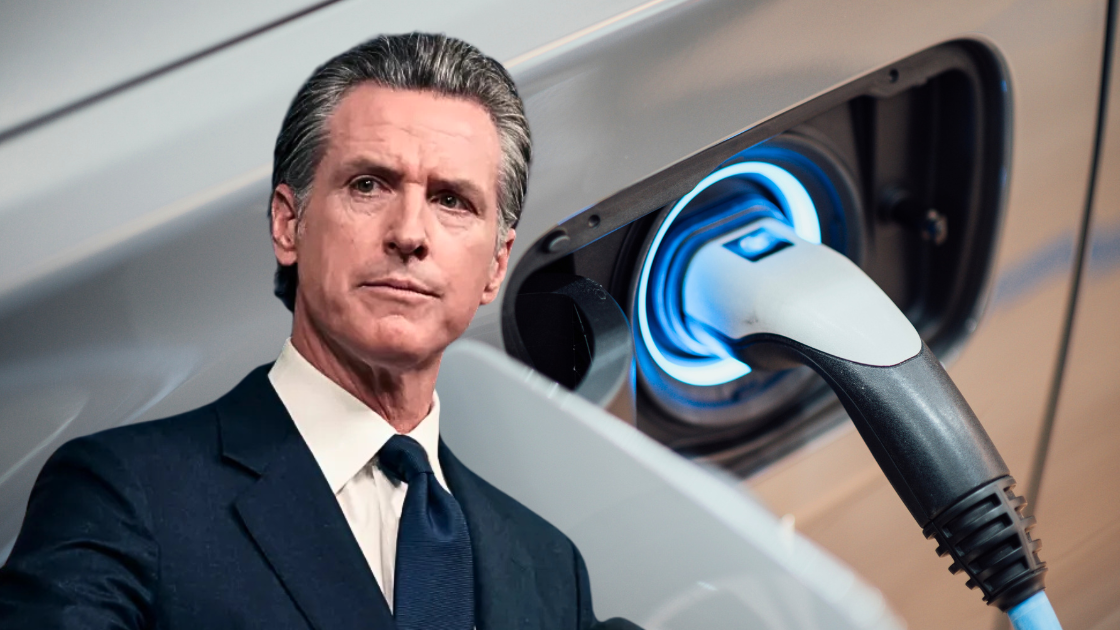
Tesla reported a steep decline in profits this week despite a slight recovery in revenue and stable sales, raising questions about the brand’s long-term strategy.
Why this matters: Tesla still dominates the EV market, driving profit in a segment where its competitors are struggling just to break even. But while its achievements are undeniable, the car market is under constant flux, and it doesn’t seem like the company’s strategy is shifting fast enough to accommodate the changing dynamics.
Tesla’s Q2 performance
Tesla had a relatively stable quarter in terms of sales, delivering roughly 444,000 units, down only 5% from last year.
Those stable numbers were reflected in the company’s revenue, which actually improved slightly, gaining about 2.4% to hit $25.5 billion. Both sales and revenue were ahead of analyst estimates for the period.
Unfortunately, neither of these were able to save the company’s declining profitability, which has suffered heavily under a barrage of price cuts. The EV brand reported a net income of $1.5 billion for the quarter, down 45% year-over-year. That’s still modestly better than its first quarter earnings of $1.13 billion, which were down 55% from 2023, but represents the second consecutive quarter of major declines in earnings.
The good: Tesla remains the world’s biggest EV maker, fending off competition in China throughout the second quarter, and continues to maintain its position at the forefront of the market. That being said, consumers are shifting to prioritize affordability due to high interest rates and high MSRPs. This has forced all brands to adjust prices closer to pre-pandemic levels in an effort to boost demand, making Tesla’s pricing strategy not only normal but advisable.
The bad: But no other market has been more affected by this than the electric car segment. For comparison, average EV prices were down about 18.3% year-over-year in April, while other vehicles had lost only 13.1% of their value. Tesla’s huge stake in the EV market (and the absence of alternative products) makes it far more susceptible to this depreciation than other brands.
The ugly: At the same time, Tesla’s profitability challenges may stem from other internal factors. The conversation around EVs remains politically charged, a fact illustrated by polls comparing support for electric cars among left and right-wing Americans. This sensitivity to political beliefs is heavily tested by the actions of company CEO Elon Musk, who just recently endorsed Republican candidate Donald Trump for president.
While it’s difficult to gauge the effect of Musk’s behavior on car shopping patterns (theoretically, it could even be encouraging more EV consideration among Republican buyers), as Jessica Caldwell, Edmunds’ head of insights, notes: “Giving prospective EV buyers any sort of political reason to avoid purchasing a Tesla is probably not what the company needs right now.”
“Edmunds data reveals that a growing share of Tesla owners are more likely to purchase an EV over an ICE vehicle for their next purchase. Tesla should theoretically have the advantage of keeping such a large consumer base within the fold, but Musk's outspoken political leanings could give other automakers an opportunity to crack into Tesla's early and expansive EV buyer base.”
Bottom line: Tesla’s performance, excluding profits, for the second quarter was comparatively solid. It has drastically improved the gap between production and demand, while launching new projects, like the upcoming Robotaxi, that promise to drive investments and revenue down the line. At the same time, its strategy of aggressively cutting prices to boost demand while its CEO risks alienating a significant portion of its consumer base doesn’t seem sustainable.
Become an automotive insider in just 5 minutes.
Get the weekly email that delivers transparent insights into the car market.
Join 70,000 others now, it's free:
Everyone loves a summer sales event, and OPENLANE is cranking up the volume this month with DealerFest 2024, a week of deals, prizes and more in its digital wholesale marketplace.
OPENLANE is already known for offering exclusive inventory, lower fees, simple transactions and better outcomes. Now, they are headlining DealerFest by offering dealers 50% off all buy fees from July 22 - 28.
Want to learn more about DealerFest 2024 and the exciting line-up of offers? Head to openlane.com/dealerfest2024 for all of the details.
New to OPENLANE? Sign up now and receive:
$350 buy fee credit
Pay no sell fees until August 31
How’s that for an opening act?










